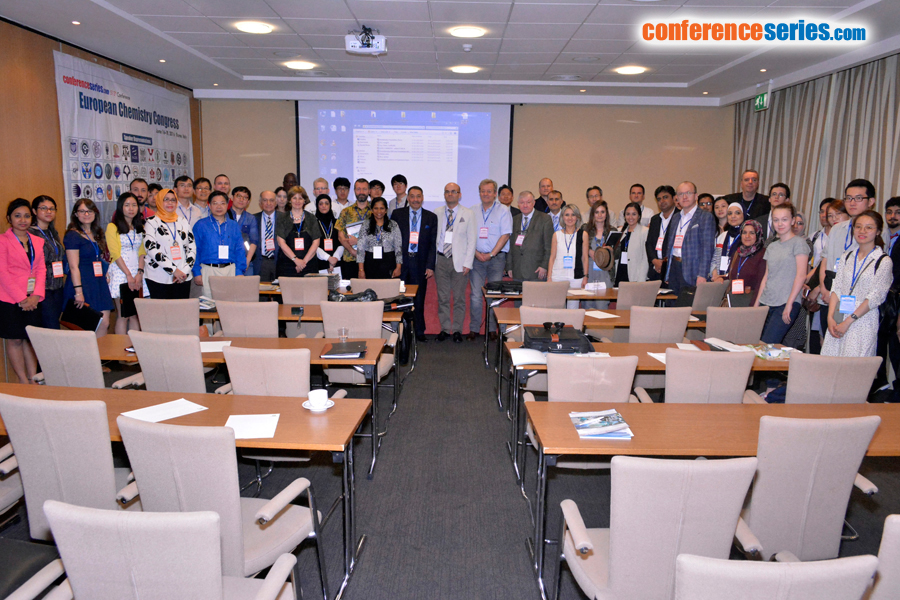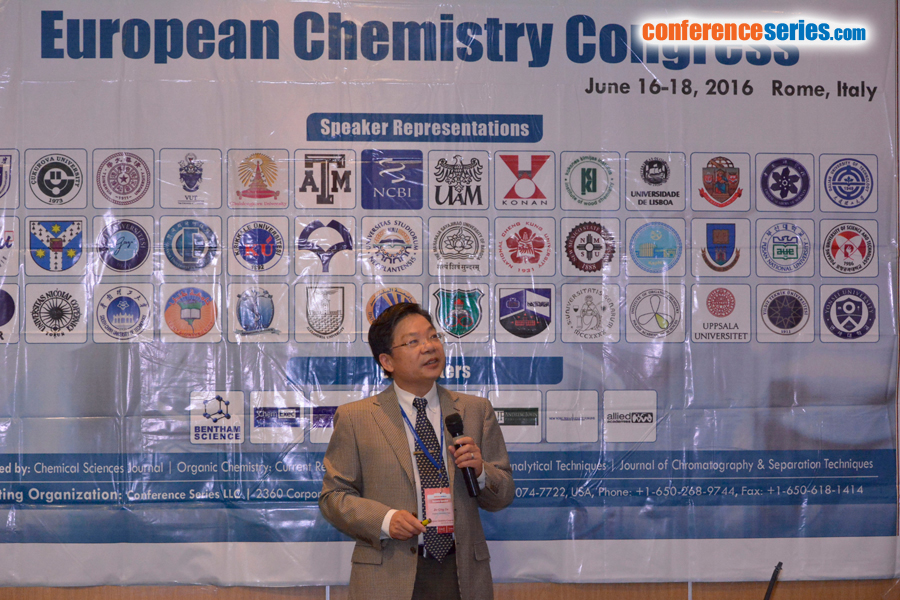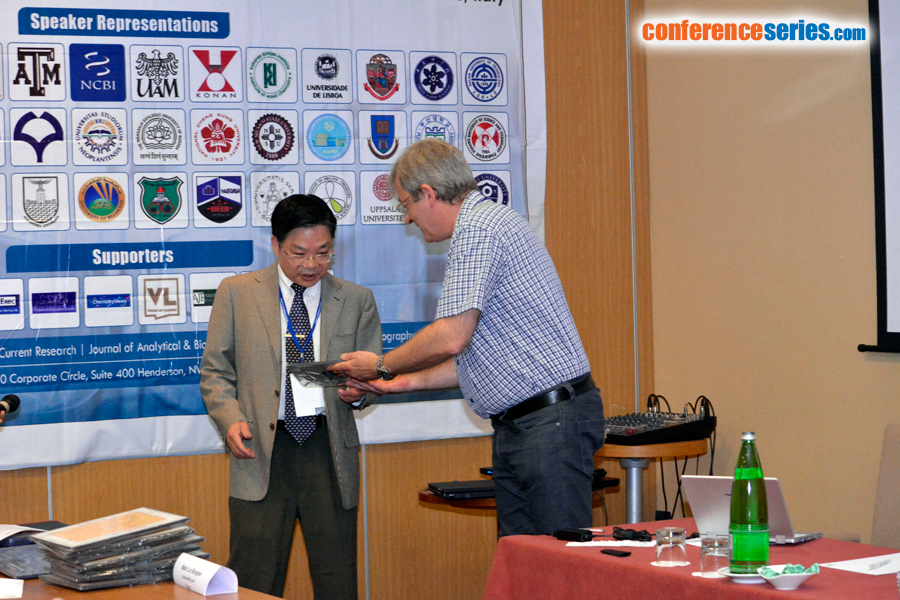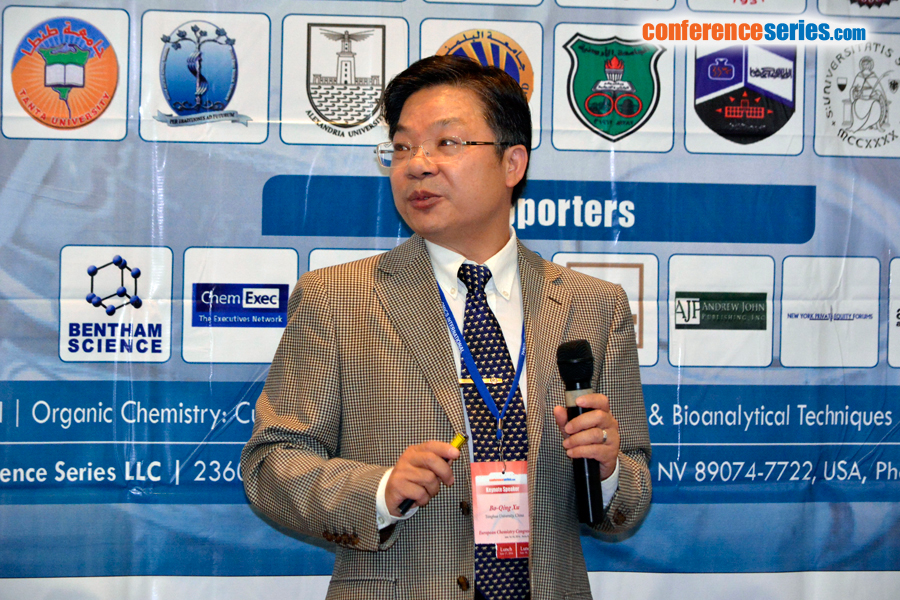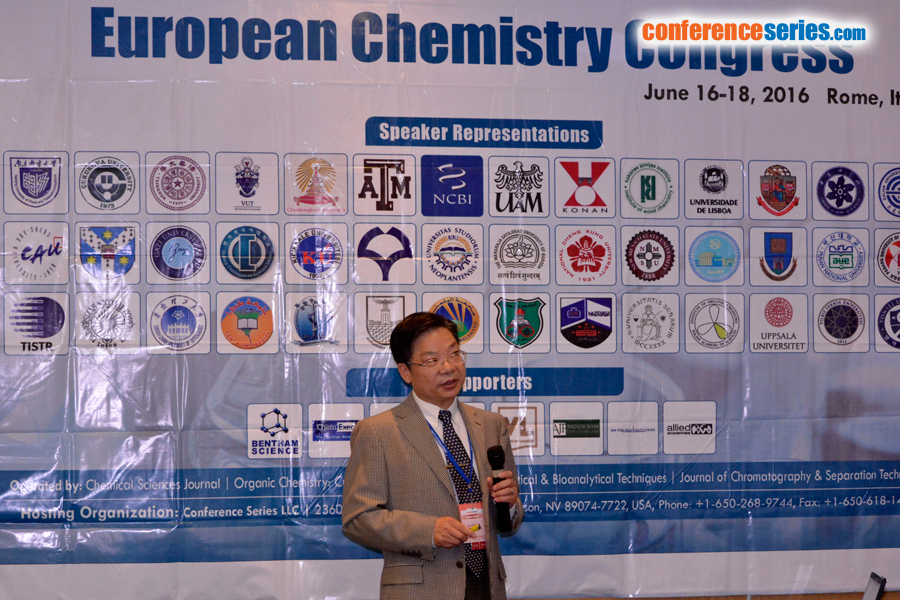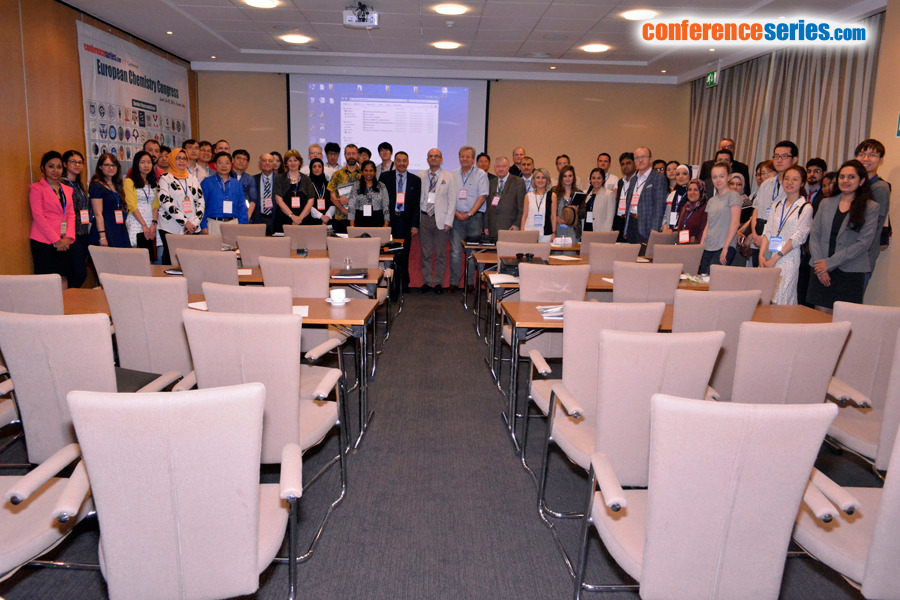
Bo-Qing Xu
Tsinghua University, China
Title: Selectivity control of Au-catalyzed oxidation of glycerol in water
Biography
Biography: Bo-Qing Xu
Abstract
Oxide-supported Au nanoparticles are known as efficient catalyst for aerobic oxidation of aqueous glycerol (GL) under the presence of NaOH (base), with glyceric acid (GLA) being the main product. In the absence of NaOH or under neutral (and even acidic) conditions, however, the same reaction over Au catalyst would feature a specific selectivity for dihydroxyacetone (DHA) production. This proposed presentation will show firstly that in the absence of any Au catalyst the reaction rate and product distribution of the GL oxidation reaction dependents critically on the concentration of NaOH in the (water) solution, and disclose that NaOH is actually a homogeneous catalyst for the reaction. A well-developed Au/ZrO2 will then be employed to feature the characteristics of Au catalyst for GL oxidation under the presence of various amounts of NaOH, highlighting an important role of the solution basicity to the catalysis of Au in the GL oxidation reaction. To understand the effects of the support surface acid-base property on the Au catalysis, a series Au/MgO-Al2O3 samples, with widely varied surface acid-base property according to the composition (Mg/Al) of the support, are prepared and employed as the alternatives of Au/ZrO2 for the GL oxidation reaction. It will be shown that Au nanoparticles on the most acidic (least basic) support exhibit the highest activity for GL activation and highest selectivity for DHA production. Increasing the basicity while lowering the acidity at the support surface leads to continuously improved selectivity for GLA, at the expense of DHA. Discussion will be made to uncover the role of basic species/sites, either in the solution or at the support surface of Au catalyst, for the selectivity control of GL oxidation in water.


